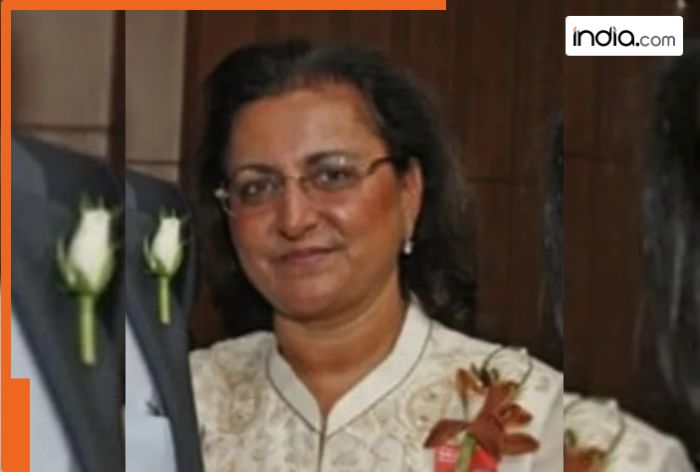Aloo Mistry, who’s married to Noel Tata, hails from a well-respected Parsi business dynasty similar to her husband’s.
Noel Tata’s wife Aloo Mistry is the daughter of Pallonji Shapoorji Mistry, who held Irish citizenship like Noel and had major stakes in Tata Group. Pallonji was the chairman of Shapoorji Pallonji Group and held major stakes in Tata Group. Most importantly, the Shapoorji Pallonji family owns an 18.4 per cent stake in Tata Sons.
Aloo Mistry, who’s married to Noel Tata, hails from a well-respected Parsi business dynasty similar to her husband’s. She’s the seed of the eminent industrialist of Irish nationality, Pallonji Shapoorji Mistry. The Shapoorji Pallonji Group, which Pallonji led as its chairman, is a big player in the construction sector and owns a fruitful 18.4% slice of Tata Sons.
Who is Aloo Mistry?
Aloo Mistry is the daughter of Pallonji Shapoorji Mistry. Like Noel Tata, she has also held Irish citizenship and has major stakes in Tata Group. Specialist in anatomic pathology and clinical pathology, Aloo graduated from Grant Government Medical College in 1969. She also did an internship and completed her residency at Forest Park Hospital in Saint Louis, Missouri between 1972 and 1977.
Aloo is blessed with a family of talented individuals. This includes the late Cyrus Mistry, who notably served as the head of the Tata Group, his brother Shapoor Mistry, who runs the well-known construction company Shapoorji Pallonji Group, and his sister Laila Mistry, who contributes to the family enterprise.
Apart from holding a significant role with Tata Trusts, Noel assumes the role of chairperson for the companies – Trent and Tata Investment Corporation. He also happens to serve as the vice-chairman for Tata Steel and Titan.
Noel Tata and Aloo Mistry are blessed with three offspring: Maya, Neville, and Leah. They’re not just family members, but active participants in managing the vast Tata empire valued at around $150 billion. They serve as trustees in a variety of charities linked to the Tata Trusts. Their involvement isn’t just about heritage—it’s about living up to the philanthropic legacy left by their forefathers, by ensuring better governance within these charitable trusts.

